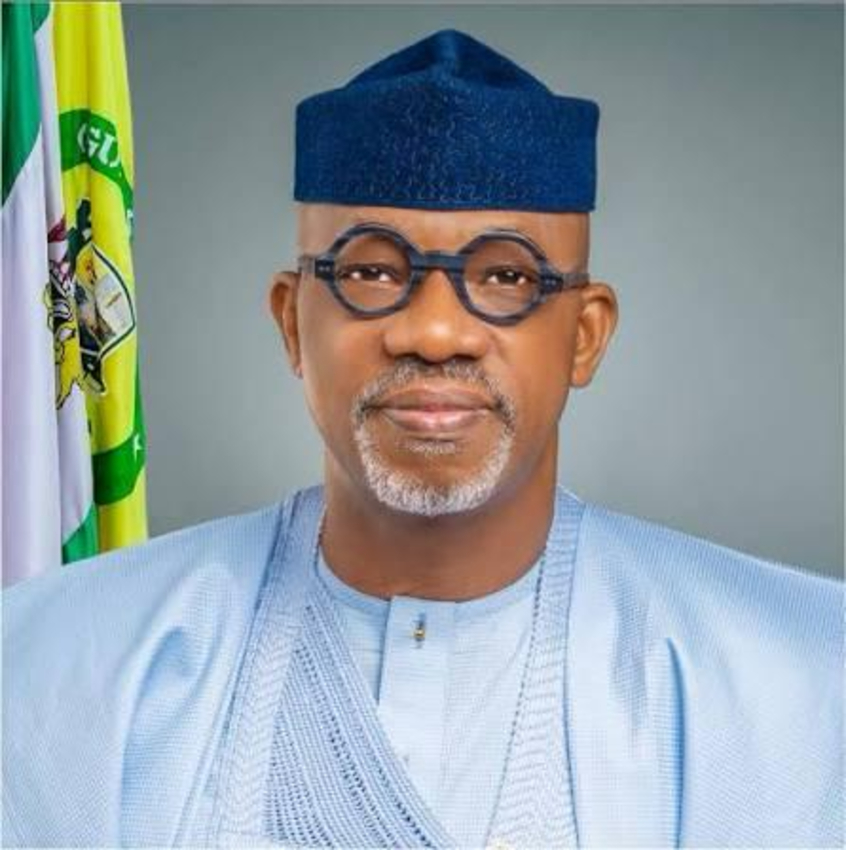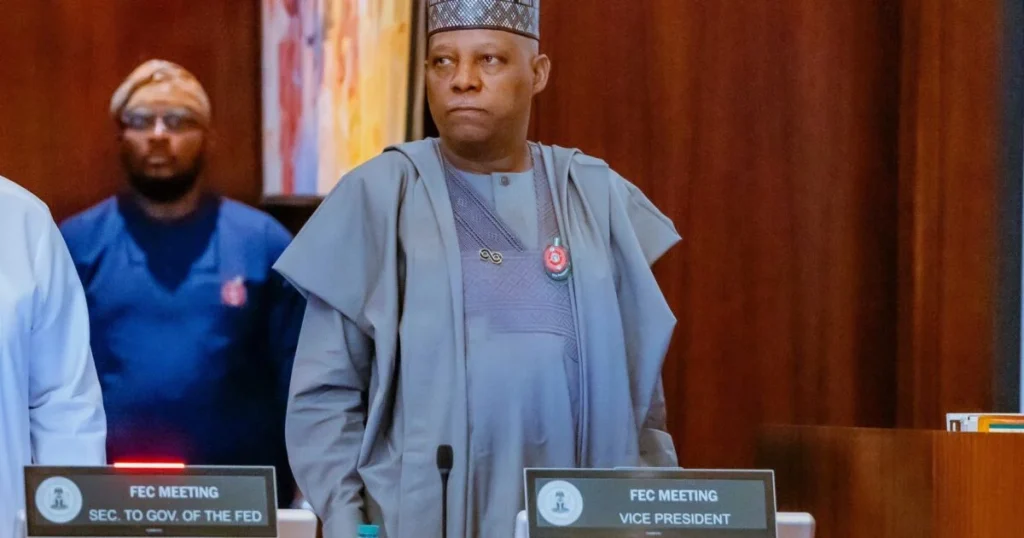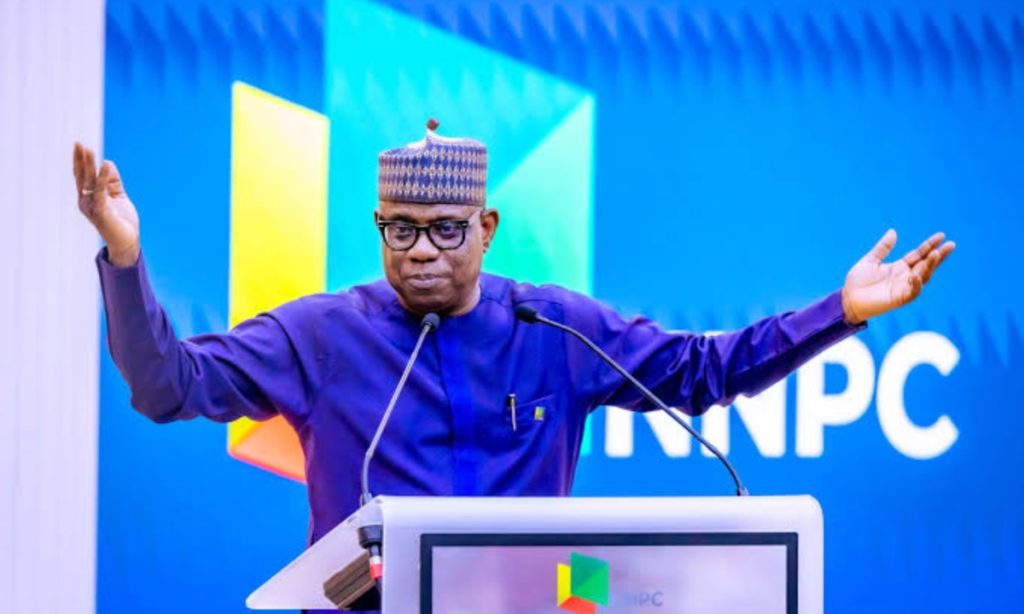Nigeria Seeks $238 Million Japanese Loan to Enhance National Grid Expansion
Nigeria is in discussions with the Japan International Cooperation Agency (JICA) for a $238 million loan to support the expansion of its national electricity grid network. The proposed loan aims to enhance the transmission segment of the power value chain, crucial for improving the country’s energy landscape.
This development emerged from the Ninth Tokyo International Conference on African Development (TICAD 9) in Yokohama, Japan, where President Bola Tinubu led the Nigerian delegation. The Minister of Power, Adebayo Adelabu, played a pivotal role in the high-level engagements with Japanese stakeholders, including Toshiba, Hitachi, Japan’s Transmission & Distribution Corporation, and Energy Exchange corporations. These discussions focused on transmission infrastructure, operational efficiency, and strategies to reduce system losses.
The loan will facilitate the addition of 102.95km of new 330kV double circuit lines, 104.59km of new 132kV double circuit lines, and several substations. It will also support the expansion of the national grid, ultimately strengthening supply reliability to households, businesses, and industrial clusters.
Furthermore, Nigeria is advancing a $190 million renewable energy loan facility supported by JICA, designed to scale distributed renewable energy solutions across underserved communities. This effort builds on the $750 million World Bank Distributed Access through Renewable Energy Scale-up (DARES) programme, aiming to bring clean and reliable electricity to over 17 million Nigerians.
In addition to the loan, three substations funded by JICA through a $32 million grant are set for commissioning. The National Power Training Institute of Nigeria (NAPTIN) has also commissioned state-of-the-art training equipment to strengthen the skills of distribution engineers and tackle network losses.
Nigeria’s Minister of Power, Adebayo Adelabu, highlighted the country’s energy challenges, noting that only about 60 percent of the population has access to electricity, much of which remains unreliable. The government is addressing this gap by expanding grid access in urban areas while accelerating off-grid solutions for rural and peri-urban communities.
Despite persistent challenges, Adelabu reaffirmed the government’s commitment to overcoming obstacles through supportive policies, strategic partnerships, and local manufacturing of renewable energy components. President Tinubu emphasized that Nigeria’s participation in TICAD 9 was focused on forging strategic partnerships that deliver tangible results for the Nigerian people.
As Nigeria shifts from planning to implementation, the country is poised to make significant strides in enhancing its energy landscape and providing reliable, affordable, and sustainable electricity to its citizens.



